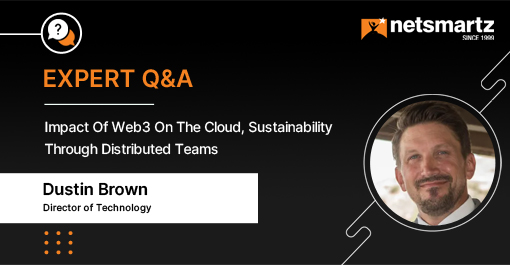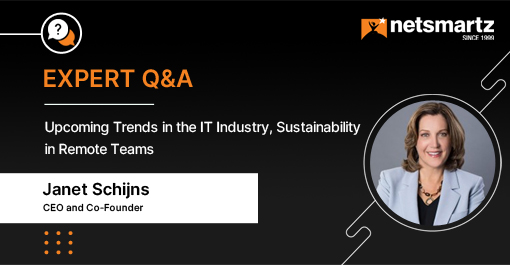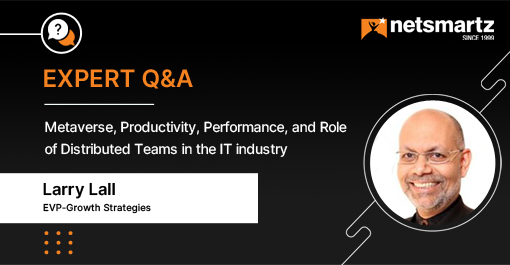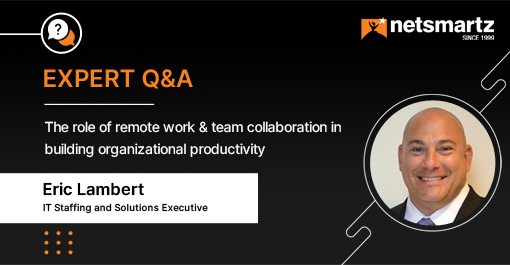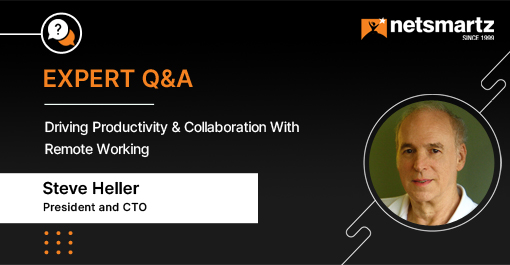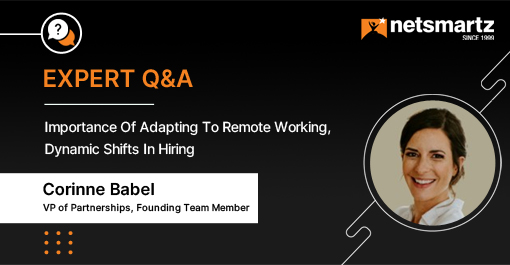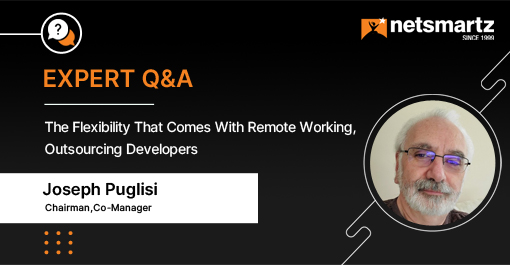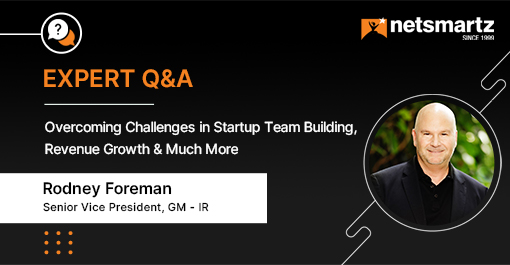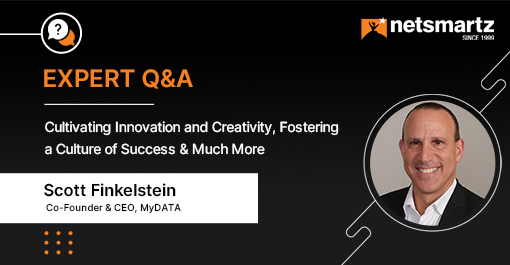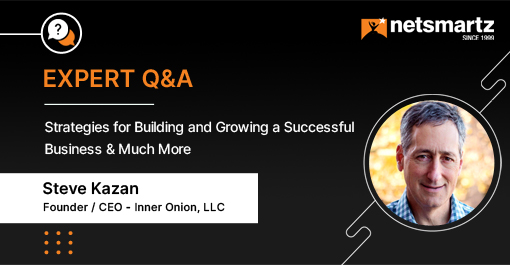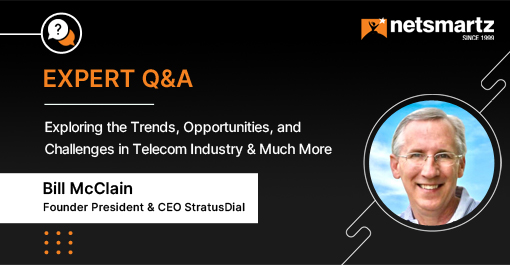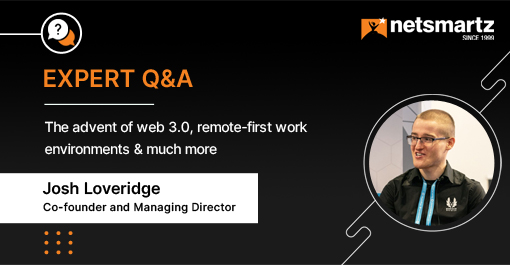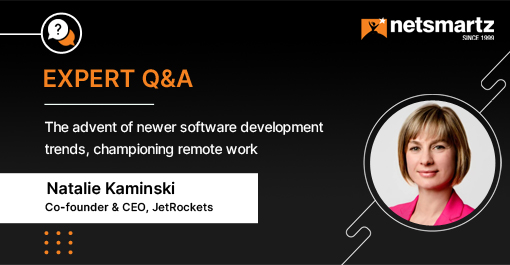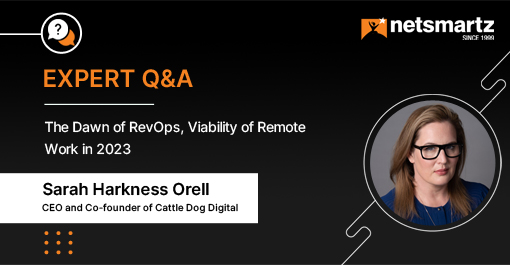The Evolution of Technology and Scalability of Product Development Teams

In recent years, we have witnessed a number of technology evolutions, which have impacted the IT industry directly. The idea of distributed teams, remote collaboration, and scaling product development have impacted our industry in more than one way. Although there are challenges associated with remote teams, but it also creates an open culture with better productivity and performance.On this note, let’s read what are Sean’s review on the same:
Want to contribute to our expert insights?
 About Sean Smith
About Sean Smith
Sean is the head of product at Axle, he leads product management, design and product marketing. Prior to Axle, Sean led growth, sales engineering and revenue products at a contech startup; and started his career in management consulting at PwC and Oliver Wyman. Sean lives outside of Boston with his wife, son and 2 retired greyhounds.
1. As Head of Product at Axle, and a thought leader in the industry, how do you see the technology evolving in regular industries?
Working at the intersection of FinTech and logistics (and previously construction), I believe in the value created from B2B Vertical SaaS solutions. Value-added domain-specific solutions will continue to take share from industry agnostic players and add additional value to the domains they serve. In addition to digital process transformation, domain specific value can be uniquely created with data, financial solutions and networks. I see all of this as very near term.
2. What exciting project are you working on in that regard?
Axle is reshaping freight payments for freight brokers. We’re spending time now on improving the analytics, automation and expanding our payment solutions.
3. We see you’ve talked about the scaling product team – do you see it being sustained in the hybrid work environment? What are some challenges you consider for it to be the new paradigm?
Axle has always been a remote company, so we have no intention of bringing our team members into an office. Challenges I consider are around hiring and culture, we want to grow the team, and especially in a remote environment the feedback cycles can be longer, so it is all the more important to get it right the first time. Our team needs to be aligned with our values at Axle, and need to be self-starters to stay productively remotely. Evaluating this in the interview process is especially tricky.
4. Do you think distributed teams can bring that level of collaboration and competence?
I think remote work has its trade-offs. Teams that work in person can move at a faster pace, and collaborate easier in real-time. However, the talent market is fierce and the talent market in commutable distance to an office building can be overly restrictive. Axle is able to bring in talent from across the country and therefore we are able to maintain a high level of competence. We close the collaboration gap with remote work by maintaining an open culture, using the latest and greatest of technology and being proactively communicative.
5. What is your take on Productivity and performance that Remote teams can bring? What is your experience in this regard?
I am optimistic about remote work and remote team productivity. The Axle team has been especially productive and we operate at a high level of performance. As more and more companies become more remote friendly, and more of the workforce is exposed to remote work the larger productively and performance concerns will subside.
 Wrapping Up
Wrapping Up
Hence, overcoming the challenges associated with remote working, businesses can thrive the employee productivity, and ensure a better level of performance. Scalability in product development teams can also be ensured while working remotely, take the notes from this Sean Smith’s expert Q&A.
Are You An Influencer?
Make Your Mark as a Thought Leader
We invite industry influencers to participate in our Q&A panel, offering the audience valuable insight into cutting-edge technology trends, platforms, and more.






